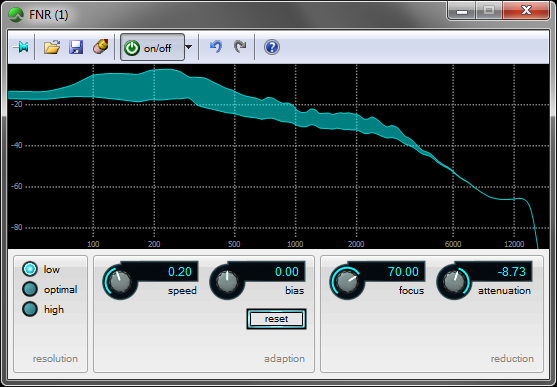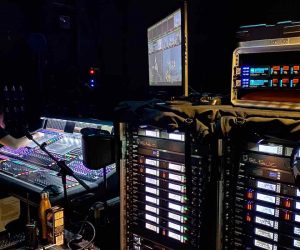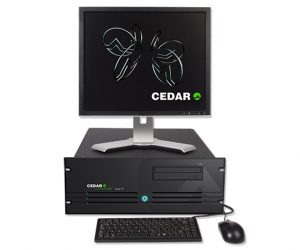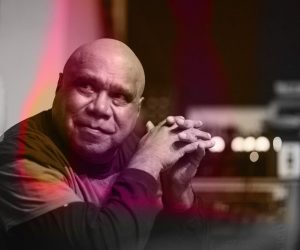
CEDAR AUDIO TURNS DOWN THE NOISE WITH FNR MODULE IN V10

CEDAR Audio has announced the release of CEDAR Cambridge V10, available immediately. The new version sees the addition of three new modules — FNR, Retouch 7 and DNS with Learn. Other features include complete edit history recall even after closing a session, the ability to load video files to run alongside audio, and several other small improvements such as extended Hot Keys, batch processor improvements and better layouts.
For nearly 30 years, CEDAR Audio has been defying the boundaries of what is believed possible in the field of broadband noise reduction and speech enhancement. The FNR module for CEDAR Cambridge, based on a new noise reduction algorithm, is designed to clean up speech recordings suffering from very poor signal/noise ratios, making it ideal for audio forensic and security clients, not to mention post and broadcast.
Alan French, who heads CEDAR’s forensic and security division says, “I have been enhancing forensic audio material for more than 30 years, and one scenario has proved to be stubbornly problematic, and often impossible to solve. This is the problem of revealing and increasing the intelligibility of voices recorded in crowded cafés and similar environments. We in the forensic audio community encounter this time and again and, while the venues and scenarios may vary greatly from case to case, they all share a common difficulty; how do you reveal a wanted speaker when the signal to noise ratio is very poor, or if the unwanted sound on the recording is actually other human voices?”
“Until now, the best tools available have been CEDAR’s single channel adaptive and lattice filters as well as the NR4 and NR5 broadband noise reduction modules, but FNR is going to be a game-changer for this type of work. Because it’s adaptive, it reacts quickly to changes in the background noise in café-type recordings, and it doesn’t have anything like as much effect on the wanted voices as previous filtering systems. I have been testing FNR for more than six months prior to its release, and it has yielded excellent results on genuine casework. It also works very well on recordings made in moving vehicles because, as in the café scenario, the background noises (primarily, the engine and road noise) are constantly changing, and FNR tracks these changes better than anything else I’ve yet heard.”
More info:
Cedar Audio: www.cedar-audio.com
Australian Distributor: www.cda-proaudio.com
















RESPONSES